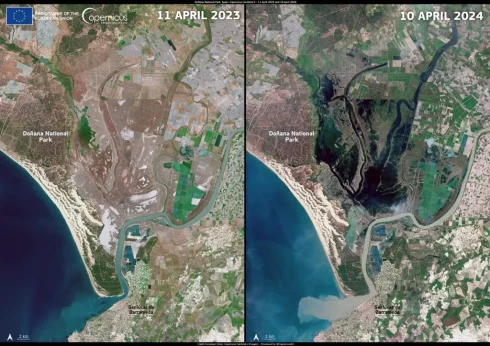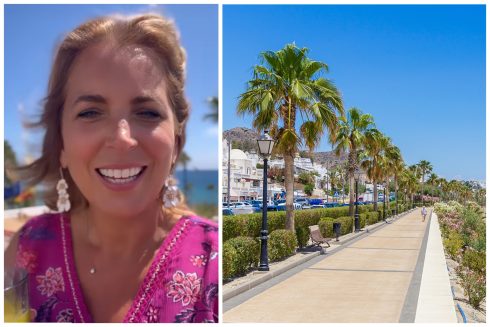ARE you an American living on the Costa Del Sol?
Join financial advisor Shane Clark at an upcoming investing and tax panel event for Americans living there on Thursday November 16 (more details and register here).
The Costa del Sol’s warm climate, picturesque coastline and Mediterranean lifestyle make it one of the most sought-after destinations for Americans relocating to Spain. Yet, amidst the excitement of adapting to a new culture, U.S. expats in Costa del Sol face distinct challenges and opportunities when it comes to investing. In this article, we’ll explore some of the main investment considerations for Americans living in the Costa del Sol to help you make informed financial decisions while enjoying your Spanish expat adventure.
These include:
- Investment challenges for Americans in the Costa del Sol
- Tax advantaged retirement plans
- Trusts, gifts, and inheritance
Investing challenges as a Spanish resident
Investing as an American living in Spain presents unique challenges compared to living in the U.S.. For example, American expats in Spain can face obstacles to investing in U.S. funds due to EU regulations like MIFID II. Conversely, as we’ll discuss in more details, investing in Spanish funds can trigger US tax and reporting. Another challenge relates to currencies, as the value of your investments in different currencies can be affected by currency fluctuations, while transferring funds to make an investment in the U.S. can incur losses due to exchange rate movements and fees, and similarly when drawing in investments in the U.S. So deciding where to invest, and what to invest in, to minimize currency related losses and tax and reporting can be complex.

U.S. tax reporting
All U.S. citizens have to report their worldwide income on Form 1040 every year, including Americans living in Spain. Americans also have to report any foreign financial accounts they may have on an FBAR (Foreign Bank Account Report) form, including investment accounts, as well as on IRS Form 8938 under FATCA (Foreign Account Tax Compliance Act) rules, depending on the total value of your investments abroad. There are other U.S. reporting rules for owners of foreign companies and certain types of foreign mutual funds too, so it’s always sensible to consult an expat specialist financial advisor to ensure that your investment decisions won’t trigger unnecessary tax or reporting, as well as an expat specialist CPA to ensure you meet your reporting responsibilities.
Note that while Americans resident in Spain are subject to both U.S. and Spanish tax reporting, they can claim tax credits when they file to avoid double taxation on the same income.
Spanish tax reporting
American expats living in Costa del Sol should be prepared for potentially higher taxes than in the U.S.. Tax rates can vary across different regions, including the Costa del Sol, making it important to understand local tax rates and exemptions.
Spain offers an expat tax benefit known as the Beckham Law, allowing Spanish residents, including those in Costa del Sol, to be taxed as non-residents for a limited period of up to six years, including the year of arrival. Under this regime, taxation is primarily based on Spanish-sourced income and assets, providing potential tax benefits for Americans moving to Spain.
Find out more and register at https://financial-planning-expats-costa-del-sol.eventbrite.com
Shane Clark is an American expat living in Spain and founder of EuroAmerican Financial Advisors, an investment advisory firm for other Americans in Europe.











